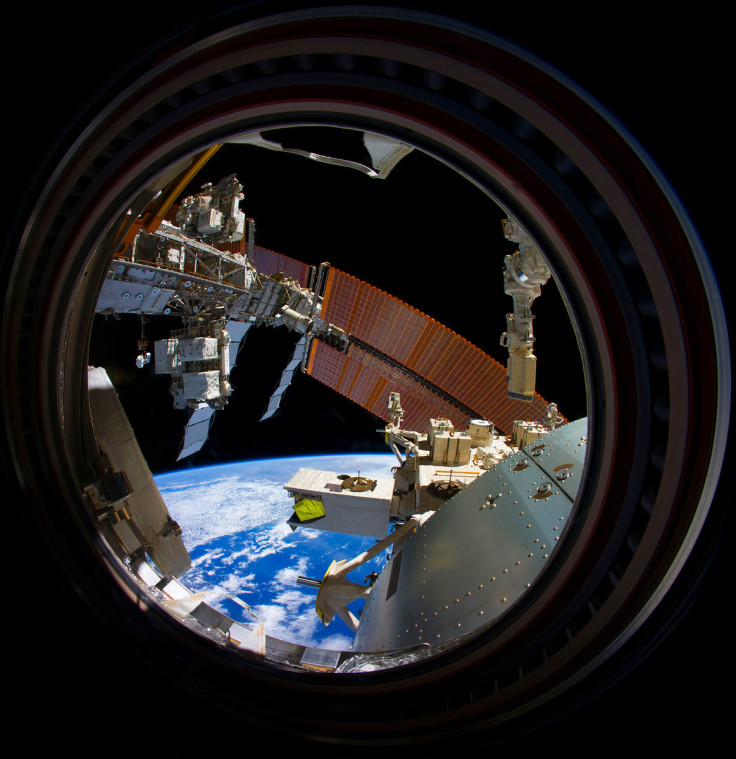Nasa astronauts back in US sector of ISS after ammonia leak false alarm

Nasa astronauts have returned to the US sector of the International Space Station (ISS) following a suspected ammonia leak.
The leak was first reported by the Roscosmos after US astronauts had to evacuate to the Russian sector following an alarm.
"Houston saw an increase in pressure in the station's water loop for thermal control system B then later saw a cabin pressure increase that could be indicative of an ammonia leak in the worst case scenario," Nasa said.
However, the crew has now opened the isolation hatch and returned inside the US segment: "Wearing protective masks, [Terry] Virts and [Samantha] Cristoforetti sampled the cabin atmosphere and reported no indications of any ammonia."
The evacuation was a safety precaution in case of the worst scenario.
"The crew is in good condition, was never in any danger, and no ammonia leak has been detected on the orbital laboratory," Nasa reported.
Station commander Barry Wilmore, along with flight engineers Virts and Cristoforetti, were directed to wear protective masks and move into the Russian segment, closing the hatches behind them. They were then instructed to stay there while Nasa looked to find out what caused the increase in pressure.
"Data received from a variety of system sources on board have been studied by flight controllers throughout the day and indicate no leakage of ammonia on the station. The alarms this morning that initiated the movement of the crew out of the US segment are suspected to have been caused by a transient error message in one of the station's computer relay systems, called a multiplexer-demultiplexer.
"A subsequent action to turn that relay box off and back on cleared the error message and the relay box is reported by flight controllers to be in good operating condition."
Experts are now working to confirm what triggered the alarm and the crew will resume normal research activities today.
© Copyright IBTimes 2024. All rights reserved.







